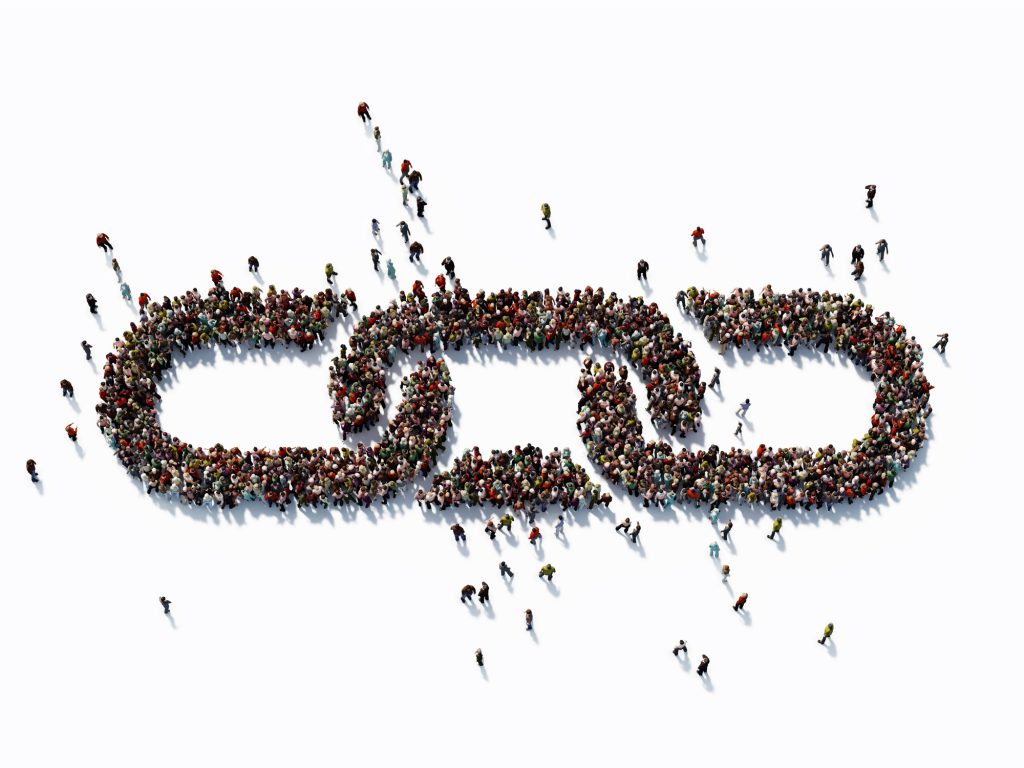Trust in Leaders, Sense of Belonging Stir People to Safeguard Common Goods, Analysis Shows

Every day, people donate to charities, volunteer to clean up city parks, or scale back their driving to curb air pollution. But some take these public goods for granted and ride free on the efforts of others. They watch public television but never make a donation to fund it. Or they run their lawn sprinklers during a drought while their neighbors follow government pleas to limit water consumption.
A report in Psychological Science in the Public Interest, a journal of the Association for Psychological Science, examines more than 25 years’ worth of studies on the use and support of public goods ranging from radio broadcasts to drinking water. Psychological researcher Craig Parks (Washington State University, Pullman) and his co-authors emphasize the urgent need to broaden thoughtful use of public goods, noting that charitable contributions are at historic lows, fossil fuel reserves are shrinking, and climate change threatens the planet’s future.
In the report, the researchers discuss a variety of scientific findings on conditions that foster cooperative use of common resources, including:
- Strong group identity
People are more likely to act cooperatively when they have a strong sense of belonging to a collective. A 2003 European study showed that fishermen who were strongly connected in their communities were more judicious with fishing stocks than were their counterparts in more loosely connected communities. - Smaller community size
Cooperation is likely to be stronger in smaller groups, particularly when one’s contribution is easily identified. Psychological research suggests that cooperation decreases in large groups because people feel less influential, less identifiable, and less responsible for the group’s welfare. - High trust in leaders
Citizens are more willing to help out in urgent situations when their government leaders act in transparent and trustworthy ways. A study of people’s behavior during a 1991 water shortage in California showed that residents exercised more constraint on their water consumption if they felt local authorities were rationing water fairly.
The article also cites factors that lead to incongruous use of resources, including:
- Intergroup conflicts
People often try to prevent those in an opposing group from benefiting from a good or resource in order to advance their own groups’ interests. Parks and his co-authors cite as an example the 2011 debate in the U.S. Congress over the nation’s debt ceiling. The Obama administration wanted to raise the debt ceiling to support such public goods as Social Security and the military. Republicans who fought the increase drew anger from many Americans, but in doing so helped enhance the GOP’s reputation as a party of fiscal watchdogs. - Ideology/values
Individuals may withhold support for a public good that they see as useless or objectionable. Examples of this are environmentalists who fight a highway expansion, or political conservatives who reject public radio as too left-leaning. - Cognitive disconnection
Threats to some common resources are so vast or abstract that people struggle to comprehend the consequences. The most salient example is people’s struggle to envision the impact that climate change will have on future generations.
Parks and his colleagues propose some policy steps that could promote better care of public resources. Research shows, for example, that people tend to act for the benefit of those who are powerless or helpless. Framing future generations in that light (e.g., talking about the more-hostile climate that we stand to leave for our great-grandchildren) can spark people today to be more diligent about reducing their carbon footprint, they suggest.
The researchers also argue that policymakers, in promoting optimal use of public goods, must concentrate on building the public’s trust in order to garner cooperation.
“Sincere and concerted attempts to collect public input and a general ‘let’s work together’ approach will do much to enhance group identity,” they write. “Toleration of a certain amount of deviation from policy, at least in the early stages of implementation, will show that policy makers are forgiving. And last, a policy that gives citizens more than they might have expected—a more well-developed public good and broader access to it—will convey an image of generosity.”
Co-authors on the article are Jeff Joireman of Washington State University, Pullman, and Paul A.M. Van Lange of Vrije Universiteit, Amsterdam.
The full report is available free to the public on the APS website.





APS regularly opens certain online articles for discussion on our website. Effective February 2021, you must be a logged-in APS member to post comments. By posting a comment, you agree to our Community Guidelines and the display of your profile information, including your name and affiliation. Any opinions, findings, conclusions, or recommendations present in article comments are those of the writers and do not necessarily reflect the views of APS or the article’s author. For more information, please see our Community Guidelines.
Please login with your APS account to comment.